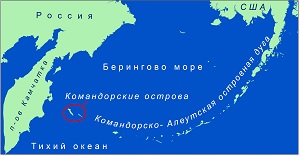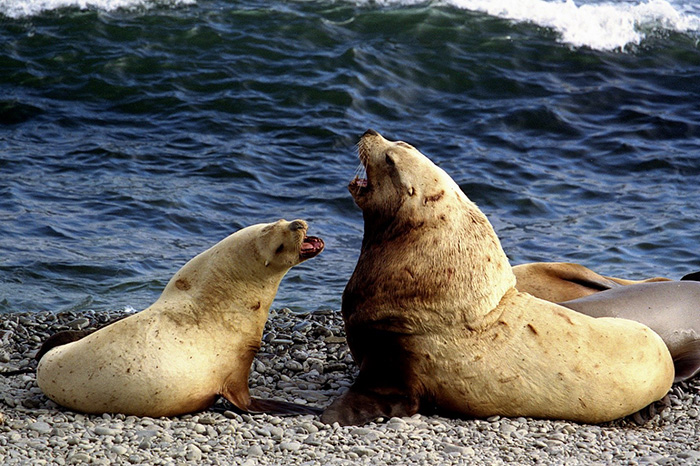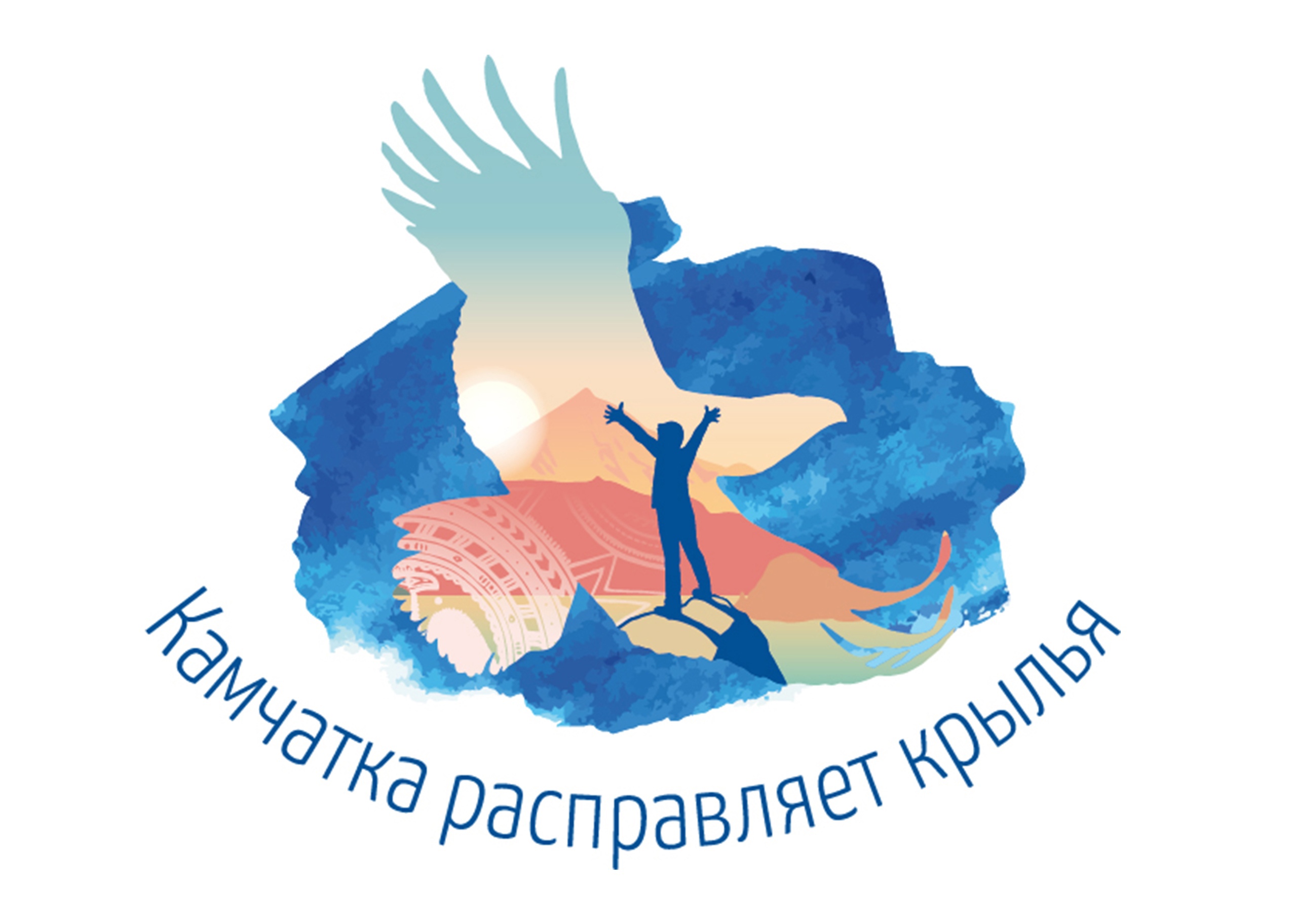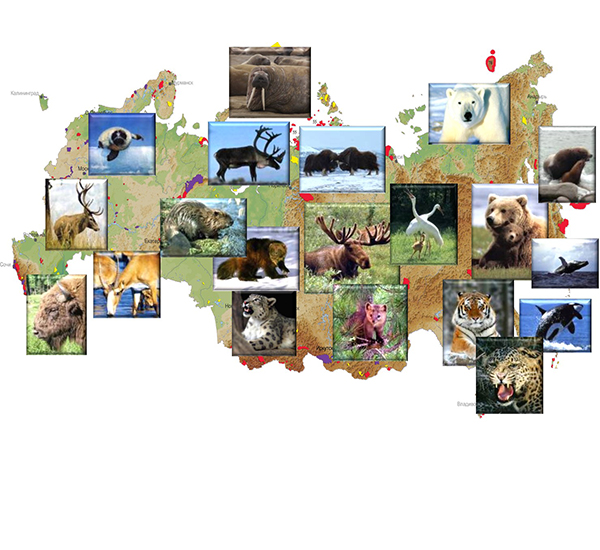The Commander Islands nature and Biosphere Reserve specialists sometimes register stranded beaked whales on the coastline of the reserve but we have never seen any atypical mass stranding. The areal of the species is rather large and scientists have long known that some beaked whales beach themselves and die in agony after exposure to naval sonar, and now they know why: the giant sea mammals suffer decompression sickness. Proceed to see a video of rare Curvier’s beaked whales.
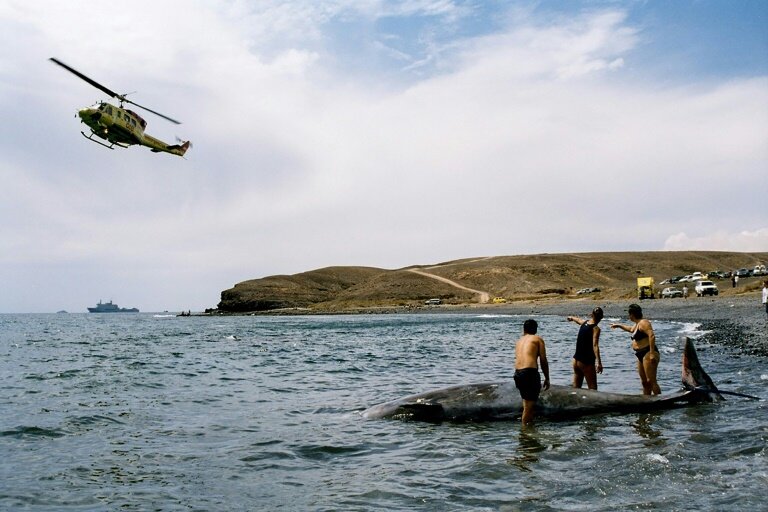
Millions of years of evolution have turned whales into perfectly calibrated diving machines that plunge kilometers below the surface for hours. The heart rate slows, blood flow is restricted and oxygen is conserved. So why these creatures would behave as a newbie scuba diver and get a decompression disease?
The reason is simple: they are afraid and different species respond differently. A new study published recently in Proceedings of the Royal Society B analyses the influence of naval mid-frequency active sonars on beaked whales around Canary Islands.
Researcher at the Institute of Animal Health at the University of Las Palmas de Gran Canaria and part of the research group Yara Bernaldo de Quiros told that the presence of sonars stress beaked whales and cause them to swim away in panic, which changes their diving pattern. So the stress response overrides the diving response. The animals may dive faster and lower and accumulate nitrogen in their blood, which leads to decompression disease and multiple tissue damages.
Mass stranding events of beaked whales were extremely rare prior to the 1960s but increased markedly after the development of naval mid-frequency active sonar (MFAS). The animals beach themselves alive without any visual signs of illnesses or trauma. The temporal and spatial associations between atypical beaked whales’ mass stranding and naval exercises were first observed in the Canary Islands, Spain, in the mid-1980s. Further research on the whales stranded in association with naval exercises demonstrated pathological findings consistent with decompression sickness.
As link became rather evident, Spain banned such naval exercises around Canary Islands in 2004. This measure proved efficient, as no more mass stranding was seen there since 2004. This research is a valuable asset to prove the importance of such measures and to prevent harmful influence of human activity.
Cuvier’s beaked whales are also called the smiling whales, as their mouth is always turned upwards. They can grow up to 7 meters and are listed as “vulnerable” on the IUCN Red List, because there are only 5000 to 7000 of them in the world ocean. Here you can see a rare footage of mother and a cub off the coast of Mexico made by Sea Shepherd Conservation Society.
Source: https://www.youtube.com/watch?time_continue=9&v=kLXKjF96snk
Research full text: https://royalsocietypublishing.org/doi/pdf/10.1098/rspb.2018.2533





